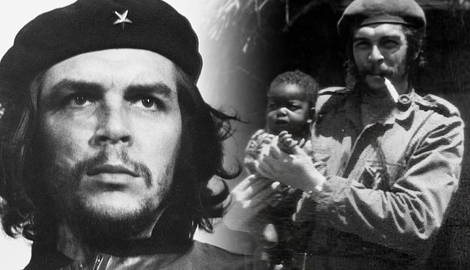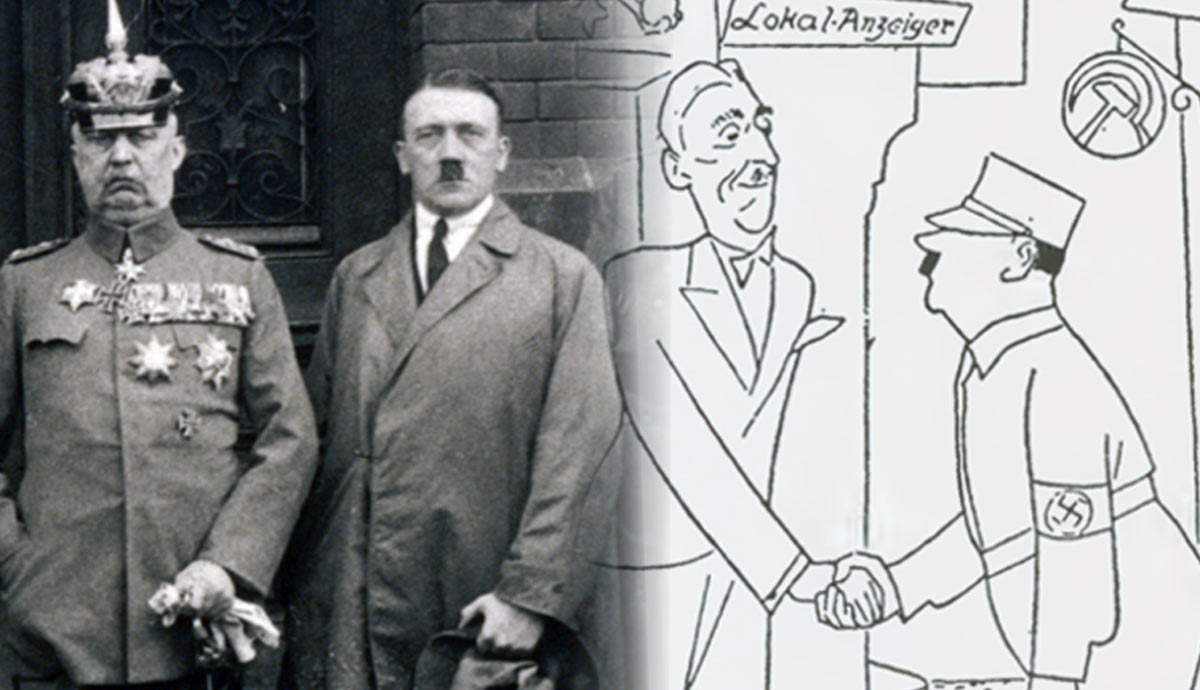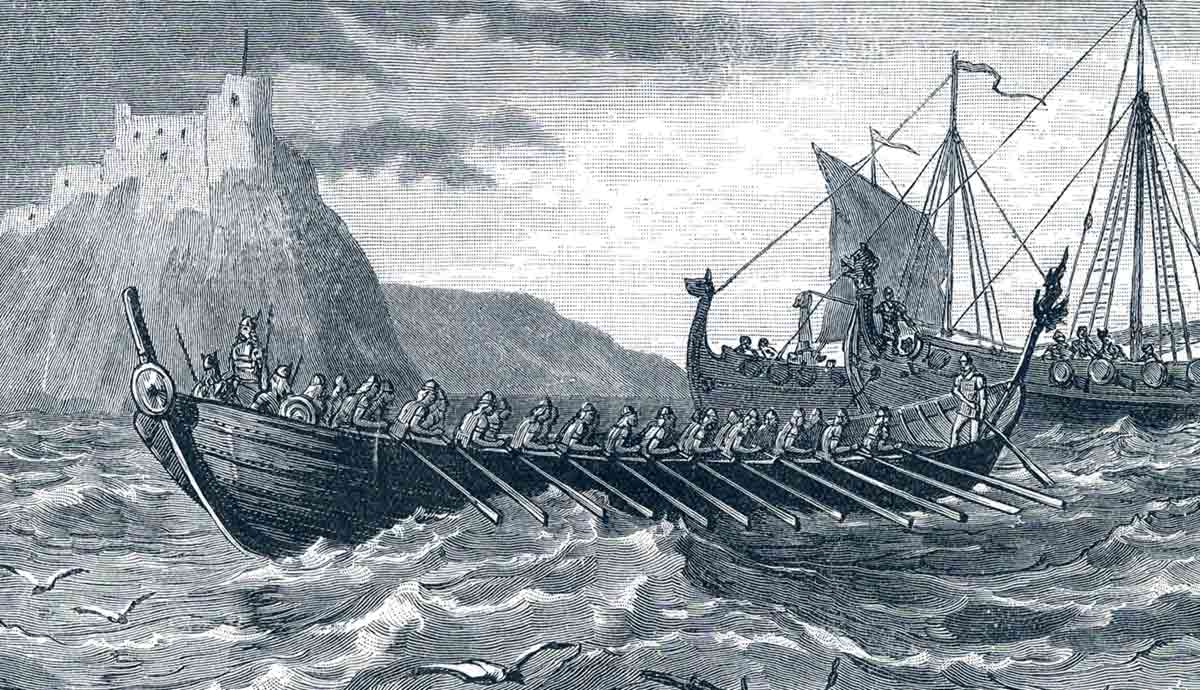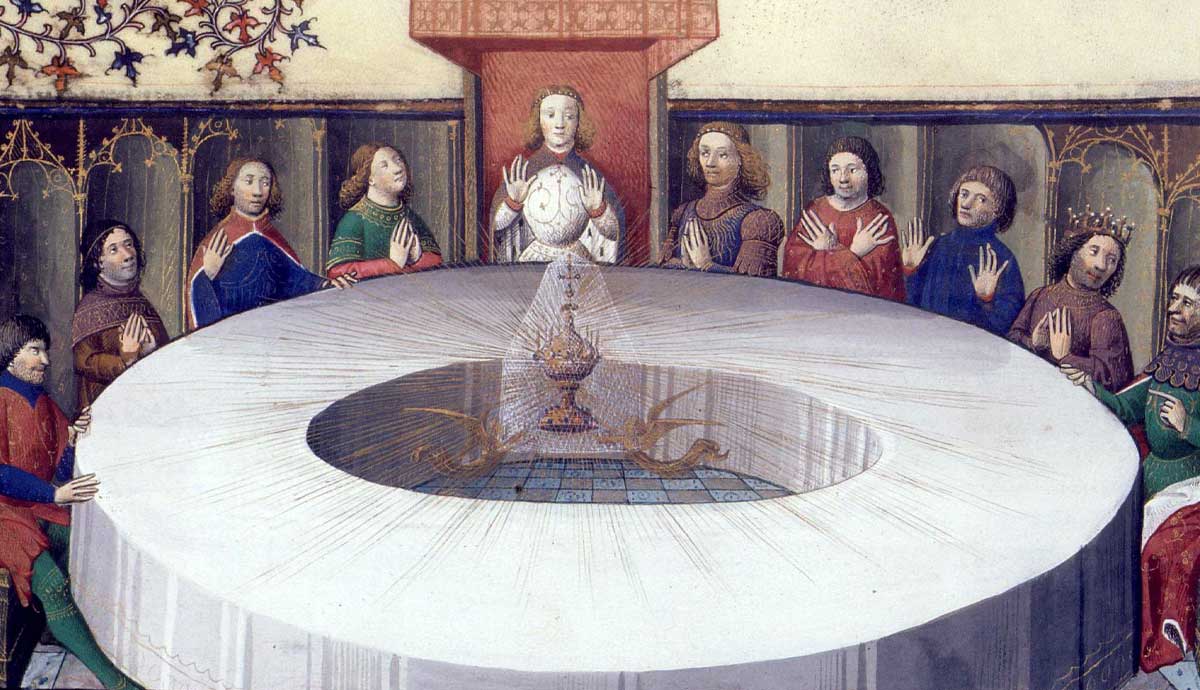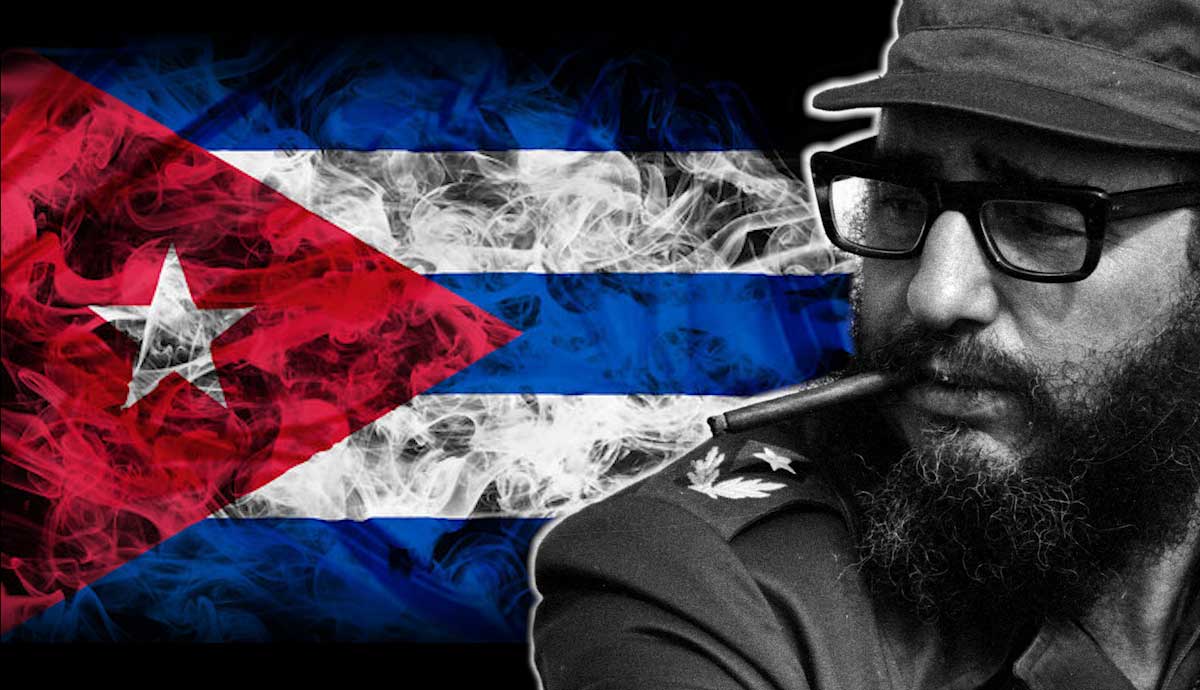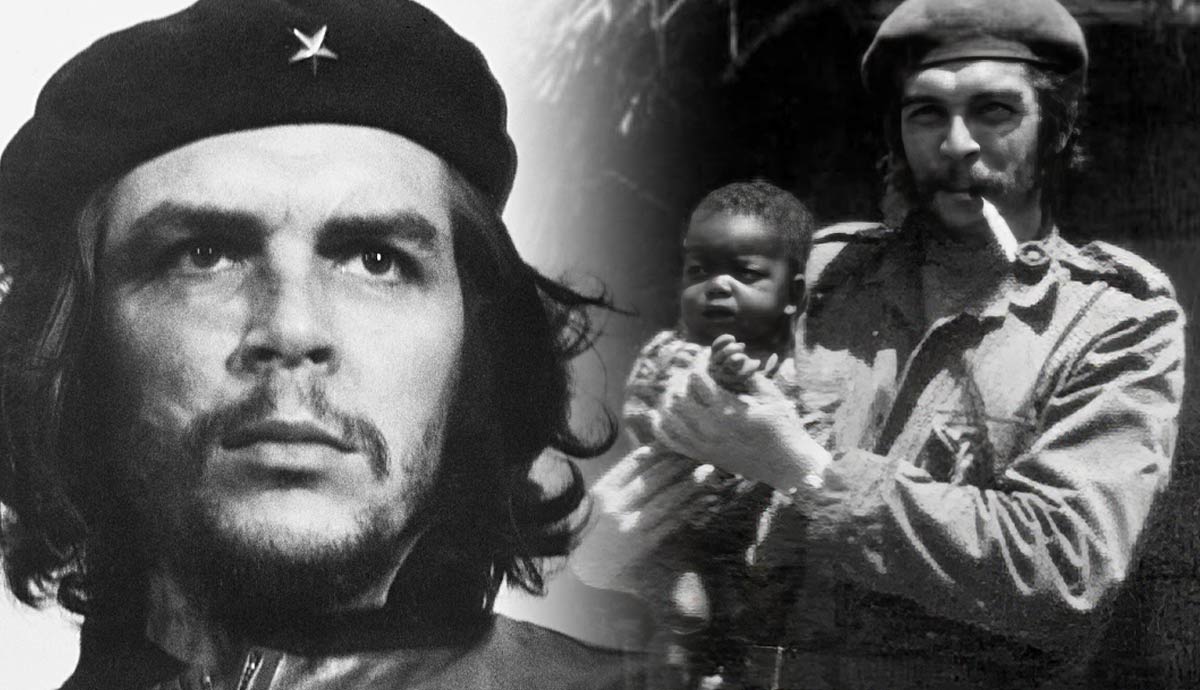
Following the successful Cuban Revolution, Che Guevara quickly became a prominent figure on the world’s political stage. Amid the tensions of the Cold War, the charismatic revolutionary emerged as a leader and champion of socialist ideals. During the mid-1960s, Guevara spent considerable time on the African continent, establishing relationships with notable African leaders. Despite his fame and enduring interest in the revolutionary’s life, the time Guevara spent in Africa is often forgotten.
Who Was Che Guevara?

Ernesto “Che” Guevara was born on June 14, 1928 in Rosario, Argentina. As a young man, he studied medicine at the University of Buenos Aires before embarking on his famous motorcycle trip around South America. It was upon this journey that Guevara first witnessed the poverty and inequality around the continent. After becoming increasingly engrossed in Marxism, Guevara was inspired to fight against capitalism and imperialism.
Guevara first met Fidel Castro in Mexico in 1955 and agreed to join Castro’s revolutionary 26th of July Movement. The following year, Guevara, along with Castro and his forces, landed in Cuba with the hopes of overthrowing the dictator Fulgencio Batista. Rising to prominence as a key commander of the revolution, Guevara played a crucial role in the revolution’s guerrilla campaign.
Following victory over the Batista regime, Guevara assumed a leading role within the new communist leadership of Cuba. Notably, he served as Minister of Industries and President of the National Bank of Cuba, thus playing a key role in shaping Cuban economic policy. Guevara quickly emerged as a popular figure both within Cuba and around the world, famous for his charisma and for his trademark beret.
The Birth of Cuban Internationalism

Cuban foreign policy following the revolution became defined by the concept of Cuban internationalism. Greatly inspired by the works of Marx, Engels, and Lenin, internationalism sought to encourage the working class to shed national identity in order to fight against the common enemy of imperialism and class oppression under capitalism.
Starting in 1959, Cuba established an intricate international network of connections with other socialist states and movements. Cuba was one of the first nations to support the new Algerian government following the Algerian War of Independence. Throughout the 1960s and 70s, Cuba provided significant assistance to numerous liberation movements around the world.
Che Guevara was a prominent advocate for this form of engagement. As an Argentinian who committed himself to fighting for Cuban freedom, he was an embodiment of internationalism. Guevara was a revolutionary at heart, and his conviction to spreading revolution would see him become increasingly disinterested in Cuban domestic politics and instead inspire him to seek greater fulfilment abroad.
Guevara Embarks on His World Tour

Beginning in December 1964, Guevara embarked on a diplomatic world tour. On December 11, he addressed the United Nations in New York. In his speech, he advocated for the peaceful coexistence of all states and nuclear disarmament amid increasing tensions between the United States and the Soviet Union. He severely criticized the United States for its aggression toward Cuba and its failed Bay of Pigs invasion, as well as its continued role in Vietnam and indiscriminate bombing campaigns in Cambodia and Laos. Turning his attention to Africa, Guevara expressed solidarity with the ongoing independence wars in Angola and Mozambique. He decried the assassination of Congolese Prime Minister Patrice Lumumba and criticized the United Nations’ role in the Congo Crisis. Finally, Guevara attacked the apartheid regime of South Africa.
Following his provocative speech at the UN, Guevara spent the next three months traveling the world. His main aims were to meet and consult with other socialist leaders, reaffirm Cuba’s commitment to supporting radical governments in the developing world, and offer assistance to liberation movements fighting against imperialism.
Guevara spent considerable time in Africa, which, as a continent desperately breaking free of Europe’s imperialist grips, was seen as fertile ground for the spread of socialist ideals. While in Africa, Guevara visited Algeria, Egypt, Ghana, Guinea, Mali, Benin, the Congo, and Tanzania, and established close relations with many of those nations’ leaders. He also attempted to negotiate military assistance for guerrilla movements in Angola, Guinea-Bissau, Mozambique, Rhodesia, and the Congo.
Guevara’s Visit to Algeria

Algeria had become a firm friend of the Cuban government following Cuba’s support for Algeria in the immediate aftermath of its independence. As such, Algeria became a base of sorts for Guevara’s escapades across Africa.
In February 1965, Guevara made another speech, this time at the Afro-Asian Conference hosted in the Algerian capital, Algiers, which representatives of 63 nations attended. During his speech, Guevara discussed the common bond between Asia and Africa in their struggles for freedom. Thus, he advocated for greater economic support between emerging socialist nations. He further denounced capitalism as a tool for imperialist economic domination and described the United States as “the imperialist enemy.”
During his time in Algeria, Guevara became well acquainted with Algerian President Ahmed Ben Bella. The two would meet on numerous occasions during Guevara’s one-month stay in the country. Later, on the 30th anniversary of Guevara’s assassination, Ben Bella penned an article for the French newspaper Le Monde Diplomatique. Ben Bella heralded Guevara as a “courageous fighter” and expressed his grief over his death. Guevara’s legacy in Algeria is still visible today, with a prominent boulevard on Algiers seafront being named in his honor.
Guevara in Ghana

Guevara arrived in Ghana on January 14, 1965, leading a six-member Cuban delegation to meet Ghanaian President Kwame Nkrumah. Nkrumah was a leading figure in Ghana’s independence movement. He first served as Prime Minister while Ghana was still under British control before becoming elected as the nation’s first President in 1960. Nkrumah was a firm socialist and nationalist and became a prominent figure in Africa’s struggle against colonialism. Thus, he showed potential to become a key ally of the Cuban government.
During his time in Ghana, Guevara visited numerous development projects, such as the Tema Harbor and the Akosombo Dam. He also met with journalists and students and made several public addresses. Guevara was incredibly complimentary of Ghana’s development under Nkrumah. On at least two occasions, Nkrumah and Guevara held talks over potential cooperation between Ghana and Cuba, with Nkrumah also hosting a state dinner in Guevara’s honor.
However, the potential for Cuban-Ghanaian cooperation was abruptly severed when, just a year after Guevara’s visit, Nkrumah was overthrown by a military coup d’état reportedly supported by the CIA. The new Ghanaian regime swiftly aligned itself with the United States and the Western Bloc.
Castro and Guevara Views Diverge

In the shadow of the ongoing Sino-Soviet Split, as relations between the two communist giants—the Soviet Union and China—deteriorated, the relationship between Guevara and Fidel Castro seemed to falter. Castro aligned closely with the Soviet Union. However, Guevara was critical of the Soviet Union’s foreign and economic policies. He also desired Cuba to be a catalyst and supporter for further socialist revolutions across Africa and Latin America.
Furthermore, disagreements over domestic Cuban politics strained Guevara’s commitment to Castro’s choice of political direction. As Minister of Industry and President of the National Bank, Guevara had played an important role in shaping the Cuban economy. Guevara’s economic policies were centered on rapid industrialization and centralization.
However, Guevara’s policies were proving ineffective and were being met with increasing criticism from within Cuba. Castro pivoted and attempted to slow down Cuba’s effort to industrialize. Instead, Castro preferred to focus on improving Cuba’s agricultural production, especially increasing the country’s sugar output. In numerous interviews, Guevara became increasingly critical of Cuba’s new economic policies and of Cuba’s leadership itself.
After his return to Cuba from his trip to Africa, Guevara fell out of public view for some time. His notable absence became the subject of much speculation. In November 1965, Castro publicly released a letter that Guevara had sent him in April. In the letter, Guevara solemnly resigned from all his positions within the Cuban government and even surrendered his Cuban citizenship.
A Rebellion in the Congo

The same month Guevara resigned from his positions in Cuba, he secretly entered the Democratic Republic of the Congo, leading a contingent of 100 Afro-Cuban fighters.
Guevara had pledged himself to support the ongoing Simba Rebellion. Following the death of Patrice Lumumba, his loyal supporters entered into an armed rebellion against the Congolese government beginning in 1964. The rebels, who became known as the Simbas (the Swahili word for lion), received support from both the Soviet Union and China. Despite his Algerian friend Ben Bella warning him against it, Guevara decided to enter the Congo to support the Simbas personally.

Upon his arrival, Guevara set upon the task of training the Simbas in his guerrilla tactics. However, he quickly encountered several obstacles that would soon derail his mission. Firstly, though Guevara’s motivation to enter the Congo was to fight against imperialist forces, Guevara was still spurred by his socialist ideology. However, the Simba rebels were not nearly as interested in political ideologies or inspired by Marxist ideals.
As a result, divisions and disagreements between Guevara and the Simba quickly emerged. This lack of cohesion was compounded by Guevara’s lack of understanding of the Simba’s spiritual values. Coming from tribal backgrounds, the Simbas were highly superstitious and revered witchcraft, which led to mutual distrust between the Simbas and the Cubans. Furthermore, the Cuban forces were ill-prepared for the harsh Congolese terrain, and many soon confessed their disillusionment with their mission.
Just seven months after arriving in the Congo, Guevara and his Cuban forces withdrew from the country on November 20, 1965. Guevara’s mission in the Congo was a devastating failure.
Evaluating Che Guevara’s African Legacy

Two years after leaving the Congo, Guevara was executed by Bolivian forces while supporting an insurgency movement in the country. Guevara’s fate echoes many emerging radical leaders of the developing world during the Cold War.
Guevara’s travels in Africa represent a period of wider cooperation between the developing world. Despite the threat of the Cold War, emerging progressive states from Latin America, Africa, and Asia attempted to establish crucial ties of cooperation. Since the collapse of many socialist states, these examples of international cooperation have been limited.
Guevara became well acquainted with numerous prominent leaders in Africa. However, many met abrupt ends. Kwame Nkrumah of Ghana was overthrown in a coup in 1966, and Ahmed Ben Bella of Algeria was similarly deposed in 1965. As a result, much of Guevara’s efforts to foster relations in Africa ultimately yielded little progress. Guevara’s attempts to spread revolution in the Congo also failed. It is indicative of the difficulty in spreading revolution, especially to places with vastly different cultures and societal norms.
While Che Guevara’s exploits in Africa failed, it is telling of his commitment to his principles. Though Guevara remains a polarizing figure for many, his devotion to his cause cannot be questioned. It is for this reason that Che Guevara’s legacy endures and why he remains the recognized face of revolution.
